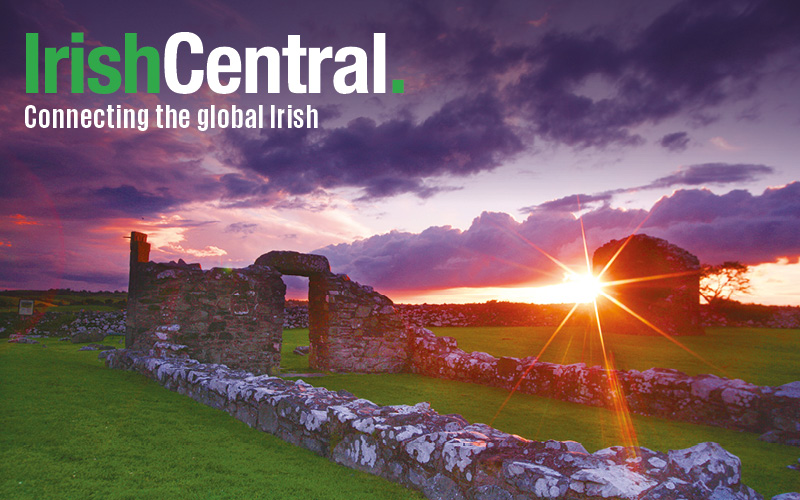A new BBC documentary claims that Cashel Man – the world’s oldest bog body – was murdered by his subjects after a crop failure caused by climate change.
The TV program, commissioned by BBC4, suggests the Bronze Age king was killed 4,000 years ago after a failed harvest which was not his fault.
Cashel Man is one of about 300 bog bodies to have been discovered worldwide and was dug out of a bog in Laois in August 2011 by a worker using a peat-milling machine.
Carbon dating proved he predated Egyptian pharaoh Tutankhamun by 700 years. Forensic analysis proved he died a brutal death.
The Sunday Times reports that the documentary, to be aired on Thursday, will suggest that the ritual killing was in response to changes in the Irish climate in what the paper says is considered the most dramatic weather event since the Ice Age.
The programme was produced by 360 Production, a Derry-based independent television company who filmed the two-year investigation into the bog body.
Producer Edward Hart said: “The documentary interprets how recording climate data from samples of bogs and reading between the lines can give us an idea of what the weather was like at that time.
“We call it a controversial theory because not everyone agrees with it, but it deserves to be explored because a shift in climate would have impacted on everything from crops to animals to how people dealt with these changes.”
The documentary, entitled ‘4000-Year-Old Cold Case: The Body in the Bog’, follows Cork-based scientist Ben Gearey as he studies fossilised ameba, or peat particles, to determine a record of rainfall from the prehistoric period.
The report says evidence of a colder and rainier climate could be interpreted as the reason why harvests failed.
The paper adds that at that time, crop productivity was thought to be controlled by a goddess worshipped by the people. A bad harvest meant she was not happy and the way to appease her was to sacrifice the king.
Ned Kelly, keeper of Irish antiquities at the National Museum of Ireland, led the investigation with Ireland’s state pathologist Marie Cassidy and a team of scientists.
He told the Sunday Times that unusual weather and its impact on livestock and food supplies would have had dire consequences for a king at that time.
Kelly said: “It would have had an impact because of this unique role of kings whereby he was personally responsible for crops and animals. Kings would be killed ritually if these failed.”
Kelly added: “Kings were killed ritually by what was called a triple killing. This was because the goddess had three forms: sovereignty; fertility and death.
“And this type of killing was preserved for kings - it would be a violent death. Kings were married to the land so if anything went wrong they were killed.”




Comments